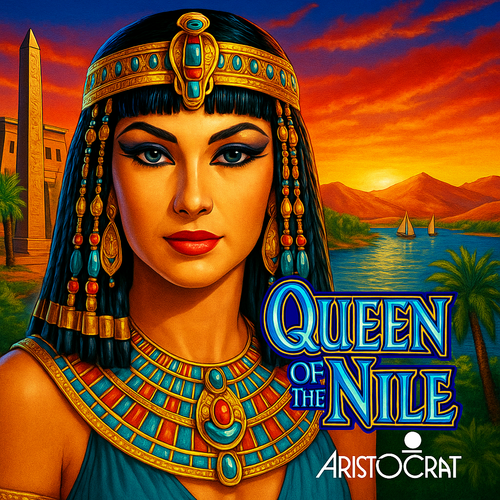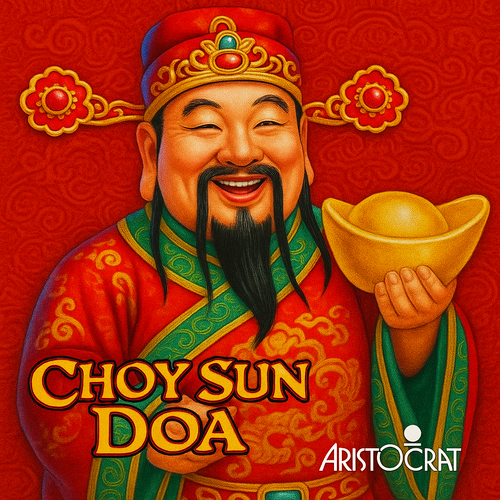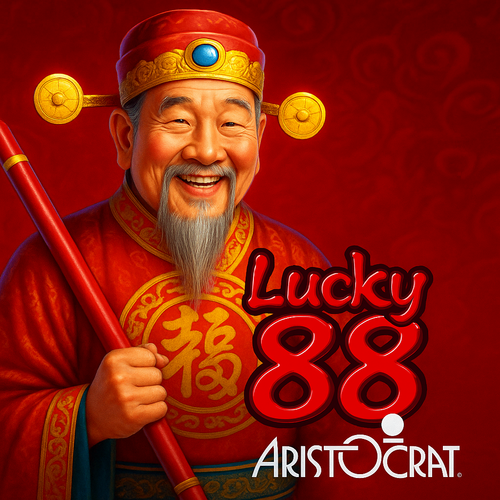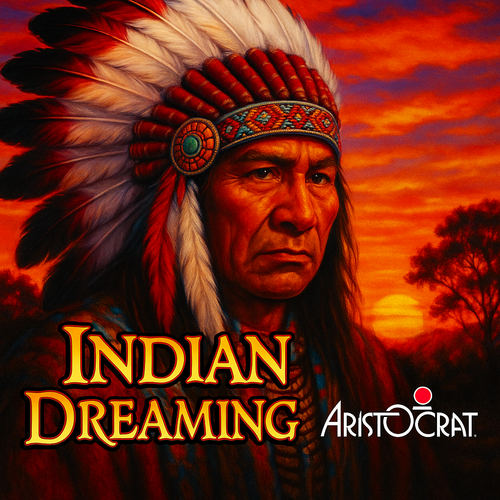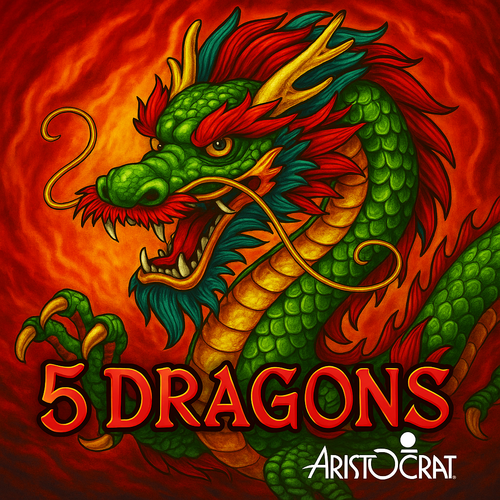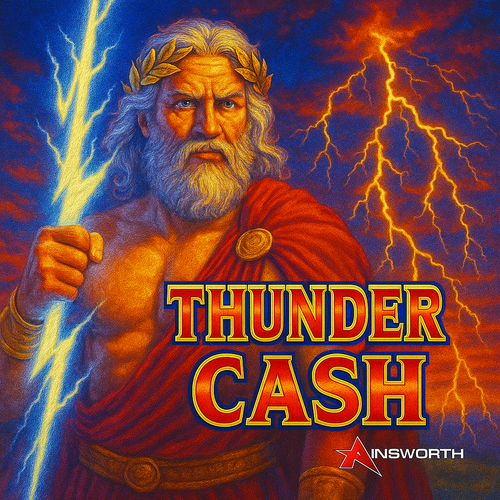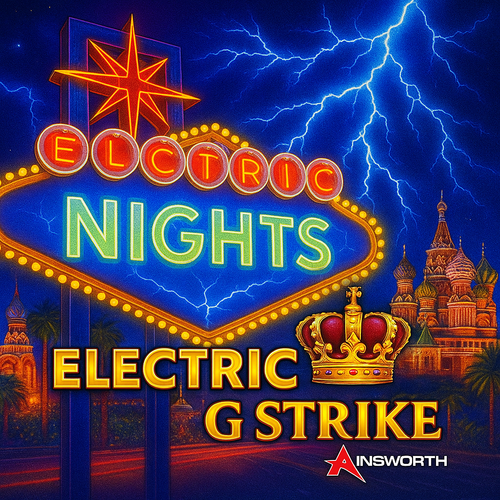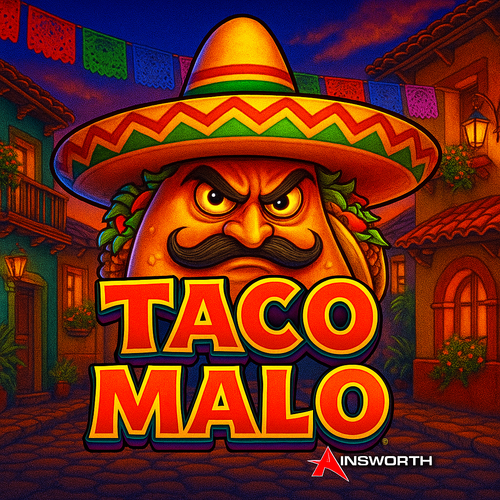Paylines, Ways, Cluster Pays
1. Classic payment lines (Paylines)
1. Definition
Lines are routes through reel positions that check for character matches.
2. Types
Fixed: the player cannot change their number (usually 1-20).
Customizable: the player chooses the number of lines (up to 50-100).
3. Rules of winnings formation
The payout is calculated if N identical characters (more often ≥3) appear on one line in a row, starting from the left reel.
One-way (left to right) and two-way (both ways) routes are allowed.
4. Advantages and limitations
Pros: simplicity, clarity, predictability.
Cons: limited number of combinations, high risk of "gaps" between lines.
2. Ways (243, 1024, 3125, etc.)
1. The essence of mechanics
All symbols on adjacent reels are considered combinations, regardless of their vertical position.
Formula: Ways = S ₁ × S ₂ ×... × S ₙ, where S ᵢ - number of active symbols on i-m a drum (usually 3 or 4).
2. Popular implementations
243 Ways: 3×3×3×3×3 = 243 ways; does not require active lines.
1024 Ways: 4×4×4×4×4 = 1,024 ways.
3125 Ways: 5×5×5×5×5 = 3,125 ways.
All Ways: dynamic number, depending on the visible characters (for example, 20-3125).
3. Payment mechanics
To win, N identical symbols on consecutive reels are enough, regardless of the position on each reel.
Combinations are counted from left to right, some slots allow from right to left.
4. Impact on volatility and RTP
The increased likelihood of partial matches → more frequent but usually smaller payouts.
To compensate for the decrease in the average winnings, the multipliers in the paytable are increased.
3. "Megaways" and their variations
1. Principle
Each reel has a random number of characters (usually 2-7) on each back.
The number of ways changes dynamically: Ways = ∏ Sᵢ.
2. Features
At most to hundreds of thousands of ways (for example, 117,649 Ways for 7×7×7×7×7×7).
Increased volatility due to strong fluctuations in the number of Ways.
3. Additional mechanics
Modifier Symbols - When dropped, expand the reel or duplicate symbols.
Free Spins with Increasing Ways: In bonus rounds, the number of characters and ways is gradually growing.
4. Cluster Pays (cluster winnings)
1. The essence of mechanics
Combinations are formed not along the lines, but due to groups of N≥5 identical symbols adjacent to the sides or corners.
2. Mathematical model
It doesn't matter which reel or row the characters appear on: the size of the "cluster" is important.
Often used in slots with large playing fields (6 × 6, 7 × 7).
3. Additional features
Avalanche/Tumbling Reels: Once paid, the symbols disappear, new ones fall in their place, potentially forming new clusters.
Cascade multipliers: each subsequent drop increases the win multiplier.
4. Advantages
Dynamic gameplay, multiple cascades → high engagement.
Higher mathematical complexity when setting up RTP and volatility.
5. Comparison of payment schemes
6. Mechanical Selection Guidelines
For beginners: Classic Paylines with little volatility.
For frequent gainers: 243/1024 Ways with moderate volatility.
For big payday seekers: Megaways and Cluster Pays with cascades and progressive gears.
For developers: carefully calculate the distribution of payments and the frequency of activation of bonuses in order to maintain the declared RTP and ensure balanced volatility.
Conclusion
Understanding the differences between Paylines, Ways, Megaways and Cluster Pays allows you to evaluate the slot architecture, predict the gameplay style and choose the best machine for the player's preferences or casino tasks. Each payment scheme has its own niche, its advantages and technical features that are critical in the design and analysis of slot machines.
